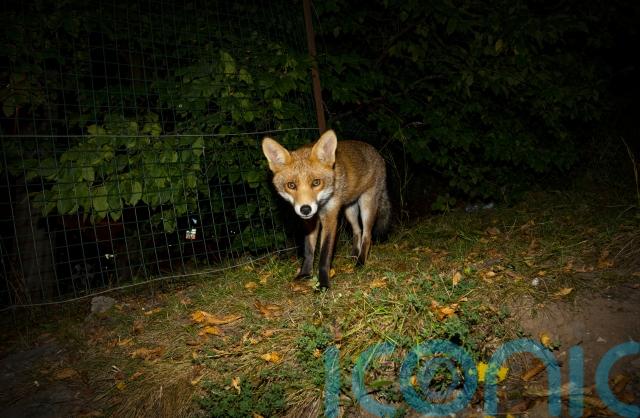
Wildlife crime has increased in Scotland by more than 10% in a year, it has been revealed.
Offences went up by 13% between 2019 and 2020, according to the Scottish Government’s annual wildlife crime report.
The figures are a stark contrast to those between 2018 and 2019 when recorded wildlife crime dropped by more than 60%.
Incidents involving illegal hunting with dogs is the largest contributor to the latest increase, the report said, which was published on Friday.
Hunting with dogs, one of the most commonly recorded types of crime, increased by 64% from the 2018-19 year
In response, Environment Minister, Mairi McAllan, said the Scottish Government will “strengthen the law” through its new Hunting with Dogs Bill, which was introduced to Parliament on February 24.
“We must seek to close the loopholes which allow this cruel activity to persist, and prevent others from opening,” she said.
Raptor persecution offences are also on the rise compared to the previous year, the report showed.
Ms McAllan said ministers will take on board the recommendations made by the Grouse Moor Management Group as a matter of urgency to tackle this type of offence.

“We will bring forward legislation during this parliamentary term with the aim of putting in place a meaningful, effective and workable sanctions regime,” she said.
“We will do this through a licensing system to deter and punish those who deliberately commit crimes in our uplands, without placing unworkable and disproportionate burdens on the majority who work within the law.”
She added: “Wildlife crime is not only abhorrent, it is also completely at odds with our work to address the biodiversity crisis, which is supported by so many people and organisations across Scotland.”
Commenting on the report, Scottish Gamekeepers Association chairman, Alex Hogg, said: “It is always disappointing to see cases rise, particularly after years of consistent reductions.
“The figures released today are for 2020, with official reporting falling behind.
“We understand that the 2021 figures, when published, will show cases falling back again.
“That is reassuring because no one wants a rising pattern to establish. There has been a lot of progress, including tough measures taken by Scottish Government. No one wants to see progress derailed.”
The Scottish Government’s review of snaring was also published on Friday.
It confirmed that while the number of prosecutions in relation to snaring has reduced since the previous review, the numbers reported to the SSPCA remain relatively high.
The Scottish Government intends to extend this review to consider the use of snares further, including whether they should be banned.
In response, Mr Hogg said snaring remains an important tool for professional fox management in Scotland and that the report shows recent changes to the practice have been effective.
He said cases where a crime has occurred involving someone trained to operate snares, and who has an ID tag on their snares from the Police Scotland, are “few and certainly extremely infrequent compared to most crime types dealt with by the police”.
Mr Hogg added: “As an approved training body, we will always be open to working constructively with Scottish Government on improvements which can enable professionals to continue to use snares responsibly in the control of fox numbers; something which is important economically and for conservation in Scotland.”
Subscribe or register today to discover more from DonegalLive.ie
Buy the e-paper of the Donegal Democrat, Donegal People's Press, Donegal Post and Inish Times here for instant access to Donegal's premier news titles.
Keep up with the latest news from Donegal with our daily newsletter featuring the most important stories of the day delivered to your inbox every evening at 5pm.